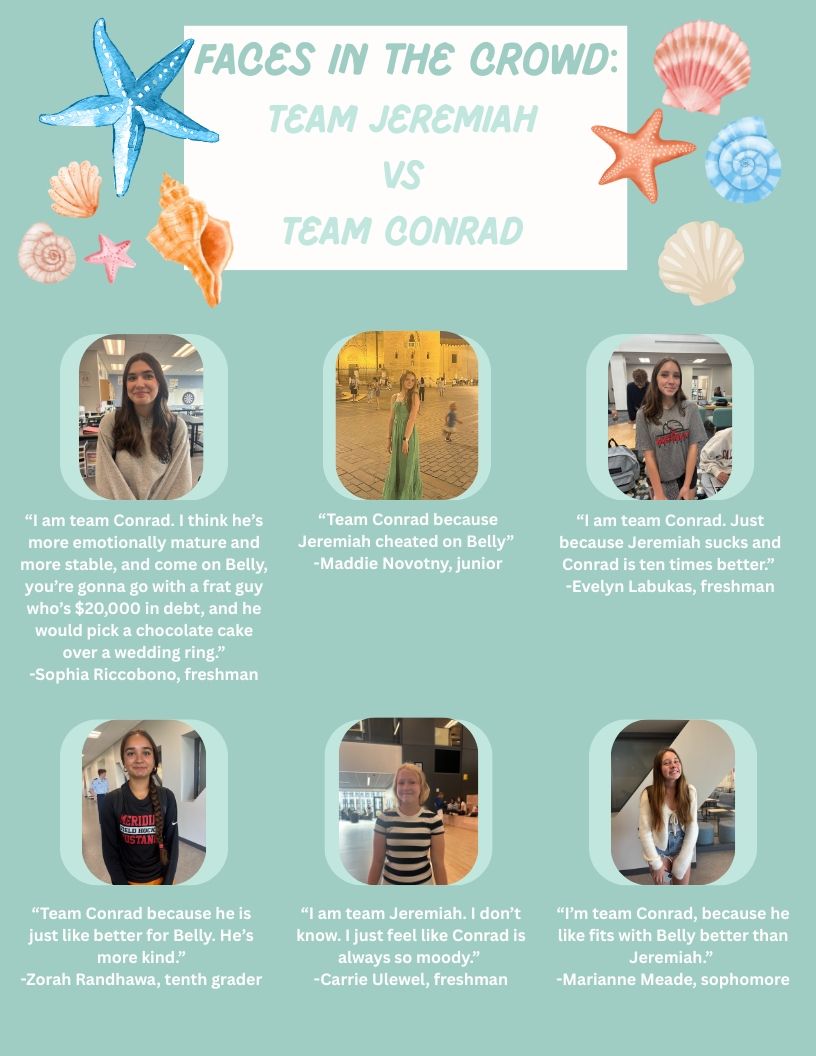Happy April Fool’s Day! There is no asteroid.
On the first day of April, why do people treat each other like such fools? Well, only a fool would know the answer, because there is no distinct start to the strange custom. According to the Library of Congress blog, although there is a long plethora of speculations on the origin of this pivotal day, the earliest indicative reference to fooling on April 1 is in a 1561 Flemish poem by Eduard De Dene. In it, he tells the story of a servant who is sent by a nobleman to do silly, useless tasks with the reasoning that he should perform “fool’s errands” because it is April 1. In fact, the similar prank of people sending others on errands to find nonexistent items is still popular to this day.
About a century later in 1686, John Aubrey mentions April Fool’s Day by name in his book, Remaines of Gentilisme and Judaisme. He calls it “Fooles Holy Day ” stating: “We observe it on the first of April. And so it is kept in Germany everywhere.”
In 1760, one of the oldest theories on April Fool’s Day was written in the English Poor Robin’s Almanac. By 1771, a diary entry by Anna Green Winslow in Boston discusses a frivolous goose occurrence on April 1, acknowledging the entry of the holiday into Canada and New England.
Jumping to the 20th century in 1957, when the BBC created an April Fool’s Day hoax film about a “Spaghetti Tree.” They made it as a prank showing people collecting spaghetti from trees in Switzerland. Around an astounding 8 million people watched the film, and with spaghetti being an unfamiliar commodity at the time, many called the BBC to ask how to grow such a tree.
Large companies have even joined in on the tradition. CNN reports that in 1996, Taco Bell had newspaper ads reading that it was going to buy the Liberty Bell “in an effort to help the national debt,” and in 2015, toilet paper brand, Cottenelle, tweeted that it was going to release left-handed toilet paper. Lastly, another prank in 2018 when Elon Musk tweeted that Tesla was going bankrupt “despite intense efforts to raise money, including a last-ditch mass sale of Easter Eggs.”
I always found April Fool’s Day to be a strange and somewhat random holiday, and even after learning about its origins, I still feel that way. It began under what I consider to be quite arbitrary circumstances as it has no logical beginning unlike other holidays, which are usually tied to a religious or distinct emergence.
Whatever opinion one may have on April Fool’s Day doesn’t overshadow the joyfulness of the holiday, so on this April 1, pull a prank on those who need a little silliness in their life.










